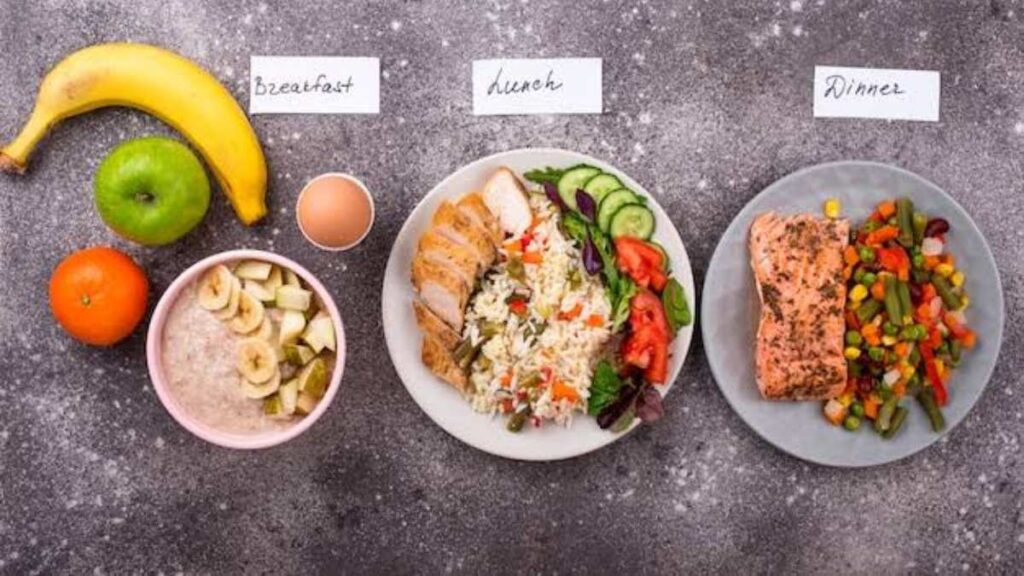
A growing number of Nigerians are skipping meals due to food scarcity and skyrocketing prices, highlighting the country’s
The National Bureau of Statistics (NBS) has revealed that food scarcity, rising insecurity, and soaring prices drive many Nigerian households into deeper hardship, with families resorting to cutting consumption and skipping meals to survive.
In its General Household Survey Panel (Wave 5) report, conducted in partnership with the World Bank, the NBS disclosed that 65% of households cannot afford healthy meals due to a lack of financial resources.
The report highlighted that 71% of households have been severely affected by price increases on essential food items, while over a third experienced food shortages within the last year. These shortages were most severe during June, July, and August, worsening food insecurity across the country.
In response, 48.8% of households have reduced their food consumption as a coping strategy, with many forced to borrow food or rely on assistance from friends and relatives.
The findings showed a significant increase in food insecurity compared to the previous survey 2019. The percentage of households worried about food scarcity surged from 36.9% in Wave 4 to 62.4% in Wave 5, with over half of Nigerian families struggling to meet their dietary needs.
Other key indicators included:
• 65.8% of households unable to afford nutritious or preferred meals in the last 30 days.
• 63.8% eating limited food varieties due to financial constraints.
• 60.5% consuming less food than they believed they needed.
• 12.3% reporting instances of members going without food for an entire day.
The report showed regional differences in food insecurity, with southern zones being more impacted than northern zones.
• In the South-East, 62.4% of households reported skipping meals, compared to 34% in North-Central.
• The South-South zone had the highest rates of food insecurity across five out of eight key indicators, while the North-Central zone had the lowest rates in six indicators.




